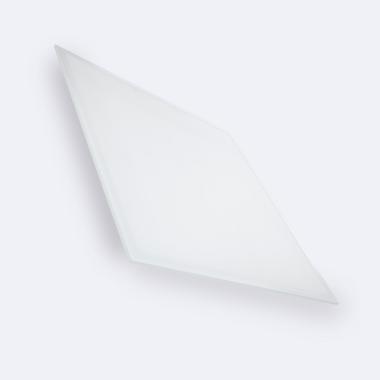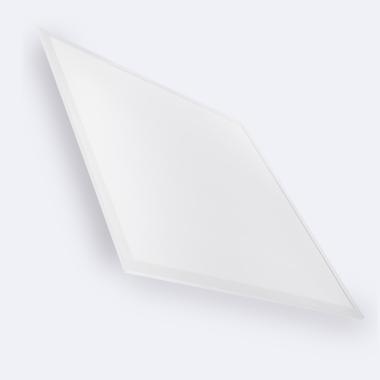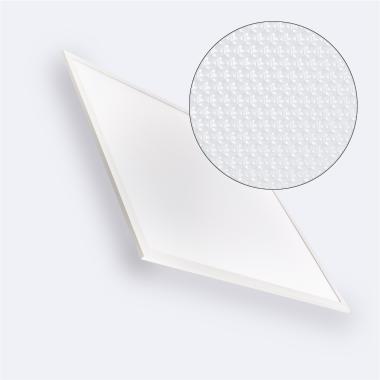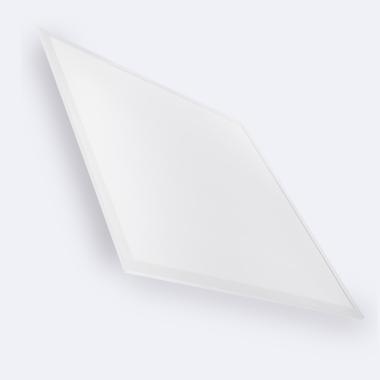LED Panel lights

Our featured products from LED Panel lights

Range Essential
£14.19
- Wattage 40 W
- Voltage Range 220-240V AC
- Lumens 4000 lm
2 options
Range Advanced
£14.49
(5)- Wattage 42 W
- Voltage Range 220-240V AC
- Lumens 4200 lm
6 options
Range Advanced
£19.49
(6)- Wattage 40 W
- Voltage Range 220-240V AC
- Lumens 4000 lm
6 options- -6%

Range Expert
Before £32.99
£30.99
- Wattage 40 W
- Voltage Range 220-240V AC
- Lumens 5200 lm
3 options
Brands related to this category
About LED Panel lights
LED panels allow you to create a bright and modern atmosphere thanks to the integrated and elegant design. The applications are wide and varied. Hoewever, they are often used in offices, shops, kitchens and hotels.
What are LED panels?
LED panels are thin and flat luminaires that provide a uniform type of light.
These panels first appeared as an alternative to fluorescent panels that were very popular, especially in offices. With the emergence of LEDs, these panels have become increasingly popular even in domestic environments.
Don't wait any longer, check out our wide selection of LED panels available at our online lighting shop.
Advantages of LED panels
The advantages of opting for LED lighting are well known. This technology is more efficient and resistant than conventional alternatives. For these luminaires in particular, we can highlight:
The duration of today's panels are much longer than that of conventional panels. The lifespan is much longer as they don't experience repetitive switch-on and switch-off cycles.
They're also the environmentally friendly alternative. Reduce up to 60% in energy consumption compared to equivalent fluorescent luminaires.
How are LED panels installed?
They are most commonly installed in what is known as grid ceilings. To do this, simply replace one of the ceiling slabs with our LED panel.
For installations in other types of ceilings, there are accessories such as guides and cables that allow them to be surface-mounted, suspended or even recessed in false ceilings.
How many LED panels do I need?
In order to know the number of lights required as well as the luminosity, i.e. the amount of light needed in a room, there are various parameters that can help us. The most important ones are:
Ceiling height: The higher the ceiling height means less light reaches the ground or work surface.
The colour of ceilings, walls and floors: Light colours, especially white, reflect more light and therefore require fewer luminaires for perfect lighting.
The use of the space: The activity that is going to be carried out is key to assessing the amount of light needed. For example, the kitchen requires more light than in a living room.
Although there is no exact answer, as there are different parameters that influence the amount of light that reaches the ground or a table in a room. A good approximation would be to use a 60x60 cm square panel every 10 square metres. Provided that the rooms are between 2.2 and 2.7 metres in height and the colours of the walls are not too dark.





